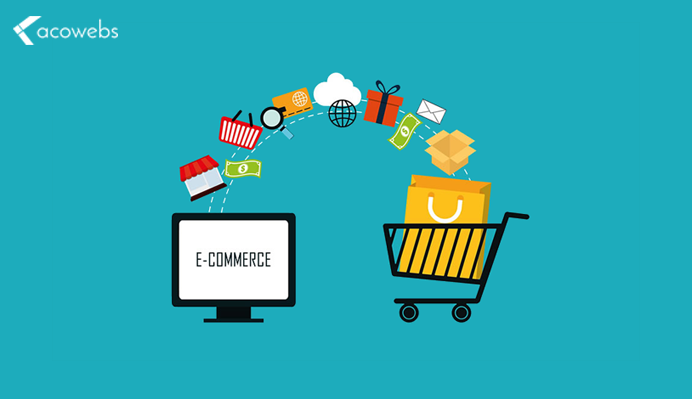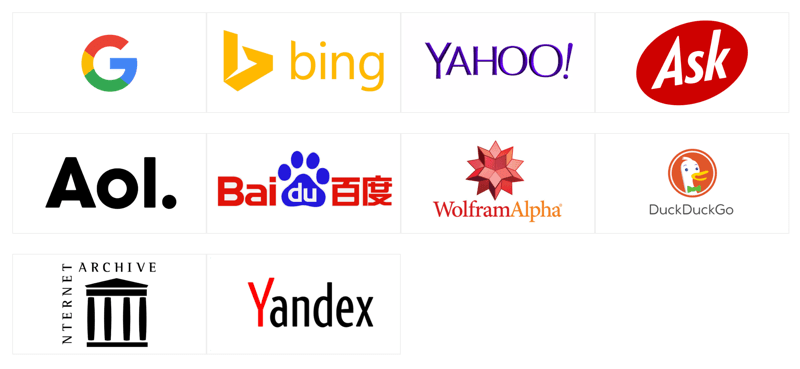What is e-commerce? E-commerce is the buying and selling of good or services via the internet, and the transfer of money and data to complete the sales. It’s also known as electronic commerce or internet commerce.
Today, questions about e-commerce usually center around which channels are best to execute business online, but one of the most burning questions is the appropriate spelling of e-commerce.
Adwantages of e commerce
If you haven’t quite made up your mind about ecommerce platforms and adapting them for your businesses, the following advantages below might just give you that push you need.
Or if you already have one in place, these same points can be used as a guide on how you can further maximize the platform for generating results for your business.
1.Allows faster and automated transactions
2.Minimizes operational costs
3.“Doors” are open 24/7
4.Reaches more audiences
5.Allows you to detail your products and services
6.Tons of marketing strategies
7.Synchronously manage multiple purchases
8.Easily gather customer feedback
9.Offers payment flexibility
10.Convenient and safe
1. Allows faster and automated transactions
Waiting in queues in check-out lanes and scanning hundreds of items on shelves can be so time consuming for your customers. Plus, not all items are available in a single shop – a true hassle.
All of these lead to slower transactions which mean slower sales or stock movement if you do not have enough check-out lanes to cater to the large inflow of customers.
Now, with just the assistance of the internet and ecommerce, customers can view a wide range of products, easily search for an item, study the product descriptions, and place an order in no time.
Aside from the decreased processing hours, ecommerce reduces the chances of error. Providing information, ordering, and even payment transactions can all be automated which abstains from the probability of having human errors from manual work. You can also automate a lot more repetitive tasks in your business, not only in placing orders such as customer feedback, inventory management, invoicing, and customer support.
All that is left for you to do is check the orders and ship the products. And take note: faster transactions equals more sales!
2. Minimizes operational costs
Physical stores are tied to certain locations that demand laying out a storefront, storage area, and furniture. These alone could be very costly but you still have to consider rental fees, staff, upfront investment, and utility bills.
This is one of the biggest reasons why lots of start-ups and small businesses choose to set up their business online instead of putting up a physical store.
Rather than renting a commercial space, it would be best for you to rent storehouses to keep your items, especially if you’re accommodating large quantities of goods.
Upgrading your business in an online selling platform needs substantial costs. It requires you to add more to your inventory, widen your storage space, and invest in digital marketing. These investments may be quite hefty, but co”Doors: mpared to many other costs entailed by physical shops these are far more affordable.
3. “Doors” are open 24/7
Without being restricted by just a few geographical locations, your business is awake and running 24/7. Ecommerce sites never shut down for it is designed to cater customers from any corner of the world, operating in different time zones.
So even if you are not physically available or don’t have 24-hour customer support, your sales aren’t restricted. You can automate your site to enable your customers to avail your products and services any time of the day.
Ecommerce is also devised to have automated customer support to assist your customers anytime through artificial intelligence (AI) processes such as chatbots, live chats, and virtual assistants.
4. Reaches more audiences
With an ecommerce website, your customers aren’t just from your locality or country, you can reach audiences from any geographical location in the world. They can avail your products and services anywhere they may be.
Withdrawing the inconveniences of travel for your customers to avail your products from a physical store will surely increase your sales since all they have to do is wait for their products to be delivered to their address. No more travel hassles.
5. Allows you to detail your products and services
Online platforms offer ways to sell the product, and not just tell details about it. Product descriptions have the ability to grow casual shoppers into revenue-generating buyers.
Let’s look at this detailed product description of a shoe from apparel and shoe store Everlane.
Product page from Everlane's ecommerce website showing the description of a shoe
Figure 1. Everlane Product Description. The provided details supply the customers with information on the product feature and why it’s worth buying. Details are expounded so website visitors are driven to purchase the product.
Ecommerce business provides more information about your products and services to your customers. You can also feature customer reviews, usage videos, product guides, and social validation. These details can logically reason out the product’s price and create the impression of authenticity.
6. Tons of marketing strategies
If you assume that your ecommerce is limited to paid advertising to promote your product to the market, you are mistaken. One benefit of ecommerce is the various creative marketing strategies available.
There are a lot of marketing strategies you can learn as you go through launching your business that will surely increase your ecommerce visibility. You may consider content marketing, social media marketing, pay-per-click advertising, and simply a lot more. They are designed to increase ecommerce visibility and lead conversions.
If you wish to learn more about them as early as now, you can explore ecommerce marketing tips to make sure your investment is cost-effective.
7. Synchronously manage multiple purchases
One of the most important advantages of ecommerce is that you are prepared for a large influx of customers. You know how holidays can be a burden to shoppers and businesses because of the long waiting time in check-out lanes to complete their purchases.
With ecommerce, there isn’t a need for such delays since placing and processing an order, and money transactions are as easy as a single click. So even if you encounter multitudes of customers, you’ll know that you can cater to them straight away.
8. Easily gather customer feedback
You won’t need surveys and observations to get customer feedback since, with only the finished transactions, you can collect such information. You can use your customers’ contact details and their transactions to assess your business processes.
You may use analytics platforms such as Google Analytics and MS Clarity to learn about the customer behavior and demographics data of your customers. With this data, you can optimize your marketing strategies, promote a new product, and keep in touch with your customers. Note that you have to ensure confidentiality of the gathered data by using it only for official purposes and data should be gathered with the customer’s consent.
9. Offers payment flexibility
Ecommerce’s varied payment options feature is a great benefit which allows your customers to pay in different ways like cash on delivery, debit or credit card payment, electronic bank transfers, mobile or prepaid card payments, and e-wallets. These varied payment methods do not only ensure safe and quick processing check-outs but also increases your clientele and turnover.
Let’s see these available payment options in Soko Glam, an online beauty store as an example.
Check-out page of Soko Glam ecommerce website
Figure 2. Soko Glam Payment Options. From credit cards to e-payments, this shop provides flexibility for their customers to finish purchasing their products.
Proposing varied payment options translate into more transactions and a bigger turnover. Catering to your customers’ preferences raises the probability that they will have more transactions. Aside from that, it also caters to customers who prefer to pay in a different currency without having a long manual process of currency conversion.
10. Ecommerce is convenient and safe
Convenience is just one of the many advantages of ecommerce.
Studies have shown that convenience is one of the most important decision factors for consumers. With just a few clicks from the comfort of your clientele’s home or office, your products are on their way. The bottom line is that your clients demand convenience so if your business is not convenient enough in meeting their needs, they’ll probably go off looking for better shops.
So even before the pandemic (and surely when we all return to the “old normal”), ecommerce is always in operation. The digital world will constantly offer a place for ecommerce to proliferate.

















